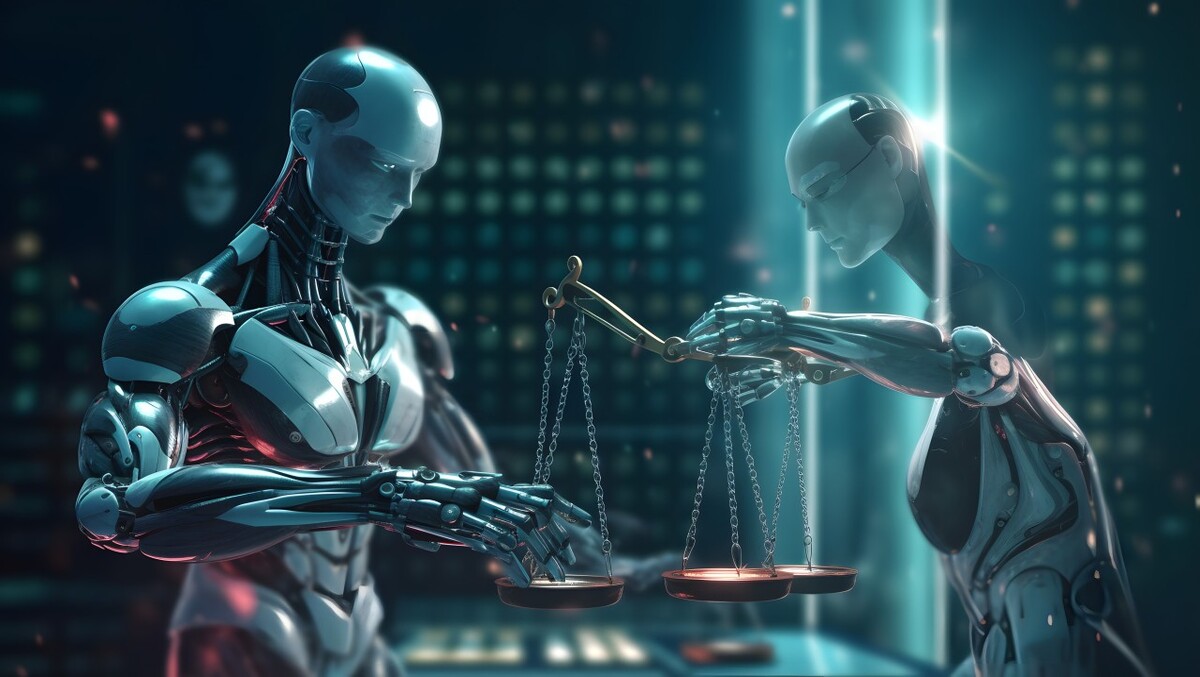Context:
Artificial Intelligence is on the rise, with new developments and products making headlines almost daily.
Background:
The future of Artificial Intelligence (AI) will not be secured by regulation alone. To ensure safe and trustworthy AI for all, we must balance regulation with policies that promote high-quality data as a public good.
Artificial Intelligence (AI):
It refers to the capability of a computer or robot controlled by a computer to perform tasks that typically require human intelligence and judgment.
Ethical AI:
It refers to the development and deployment of AI systems in a manner that aligns with ethical principles, societal values, and human rights.
It is also known as Moral or Responsible AI.
Artificial Intelligence (AI) and Ethical Issues:
- AI-generated content may raise concerns about preserving the authenticity and integrity of artistic expression, particularly when it is difficult to discern between human-created and AI-generated works.
- There are questions regarding the rights of artists, creators, and participants involved in AI-driven projects, including issues related to intellectual property, ownership, and consent for using personal data or creative contributions.
- AI can revive historical voices or artistic styles, but ethical considerations arise concerning whether such efforts aim to preserve cultural heritage or exploit the identities and legacies of individuals for commercial gain.
- The widespread adoption of AI in creative industries may have implications for human creativity and innovation, potentially leading to homogenization, loss of diversity, or reliance on formulaic approaches.
- The lack of regulatory measures presents challenges in safeguarding privacy and preventing discrimination, necessitating compliance, enforcement, and adaptation to evolving technologies.
Way Forward:
- AI-driven creative processes should ensure transparency and disclosure including clear attribution of AI-generated content and obtaining informed consent from all involved parties.
- The authenticity and integrity of artistic expression should be upheld by acknowledging the contributions of human creators and respecting their rights to control and be properly credited for their work.
- The ethical guidelines and best practices for the ethical use of AI in creative endeavours should be developed by addressing issues such as consent, ownership, fairness, and accountability.
- The regulatory oversight and governance mechanisms should advocate compliance with ethical standards and protect the rights and interests of individuals involved in AI-driven creative projects.


.jpg)
.jpg)
Comments (0)